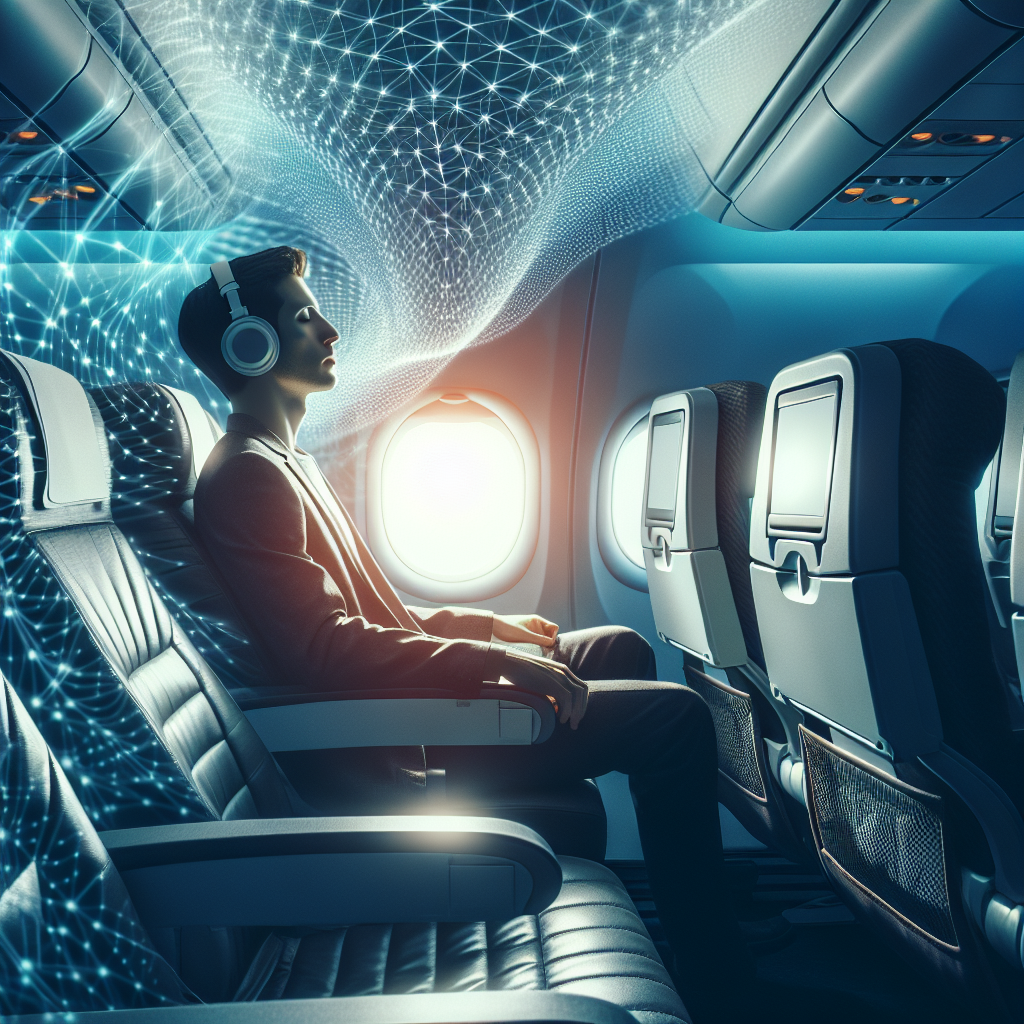“Self-Hypnosis Exercise to Ease Flight Anxiety: Tips from a Stanford MD”
Don’t dismiss aerophobia as a common fear of flying. It can prevent people from traveling or cause anxiety. Get support to overcome it.
“
For many people, Aerophobia, or the fear of flying, is a real and debilitating issue that can make the thought of traveling by air a terrifying prospect. It is a common fear that affects a significant number of individuals, yet it is often brushed aside as simply being a normal part of the travel experience. However, for those who suffer from this fear, it can be a major obstacle that prevents them from flying altogether or causes intense anxiety during flights.
Understanding Aerophobia:
– Aerophobia, also known as aviophobia, is a specific phobia characterized by an irrational and intense fear of flying.
– This fear can manifest in various ways, such as panic attacks, sweating, trembling, and feeling overwhelmed.
– People with aerophobia may experience extreme anxiety leading up to a flight, during the flight itself, and even after the flight has landed.
Causes of Aerophobia:
– Aerophobia can have various underlying causes, including a fear of heights, a lack of control, past traumatic experiences, or a fear of crashing.
– Media coverage of plane crashes and accidents can also contribute to the development of aerophobia.
– Some individuals may have genetic predispositions to anxiety disorders, making them more susceptible to developing a fear of flying.
Tips for Overcoming Aerophobia:
1. Educate Yourself: Understanding the basics of how airplanes work and the safety measures in place can help alleviate some of the fear associated with flying.
2. Seek Support: Talking to a therapist or joining a support group for individuals with aerophobia can provide emotional support and coping strategies.
3. Practice Relaxation Techniques: Deep breathing, mindfulness, and visualization exercises can help manage anxiety and reduce panic during flights.
4. Gradual Exposure: Gradually exposing yourself to flying through simulated experiences or short flights can help desensitize you to the fear.
5. Medication: In some cases, anti-anxiety medications prescribed by a healthcare professional can help manage the symptoms of aerophobia.
Impact of Aerophobia:
– Aerophobia can have a significant impact on a person’s quality of life, limiting their ability to travel for work or pleasure.
– In severe cases, aerophobia can lead to isolation, as individuals may avoid social situations that involve flying.
– The fear of flying can also cause physical symptoms such as headaches, muscle tension, and digestive issues.
Overcoming aerophobia is a gradual process that requires patience, persistence, and the willingness to confront your fears. By seeking support, educating yourself about flying, and practicing relaxation techniques, you can learn to manage your fear and regain control over your travel experiences. Remember that you are not alone in facing this fear, and there are resources available to help you overcome it.
Published on: 2025-03-15 10:00:00 | Author:
🔗 You may also like: More posts in Health,Mental Health










